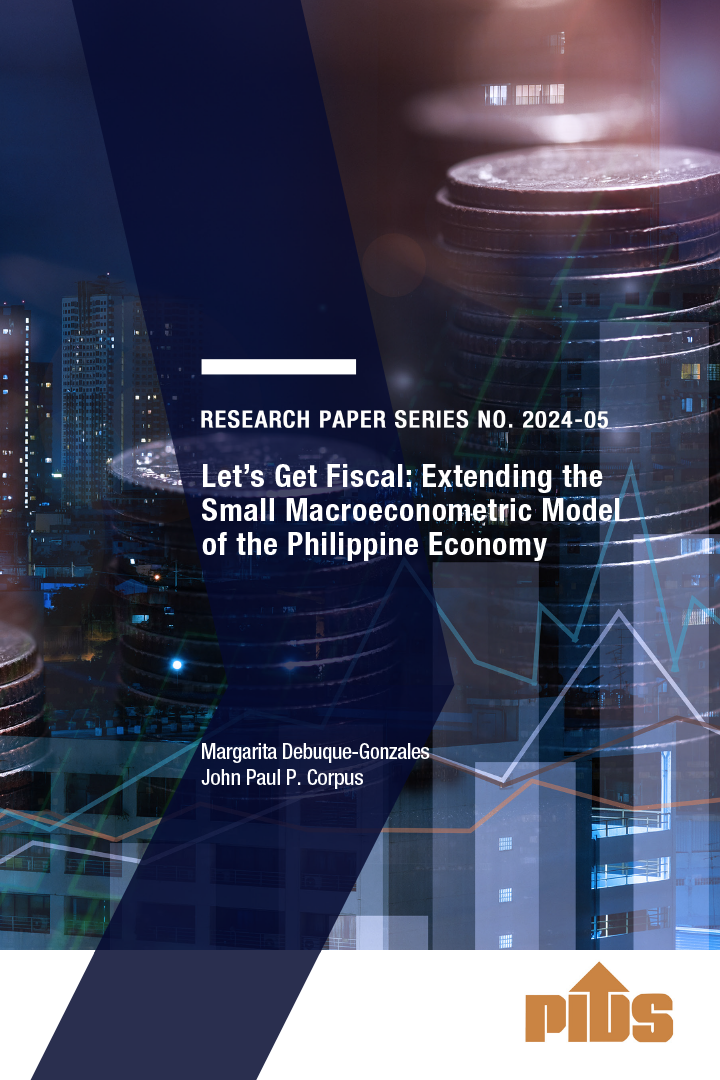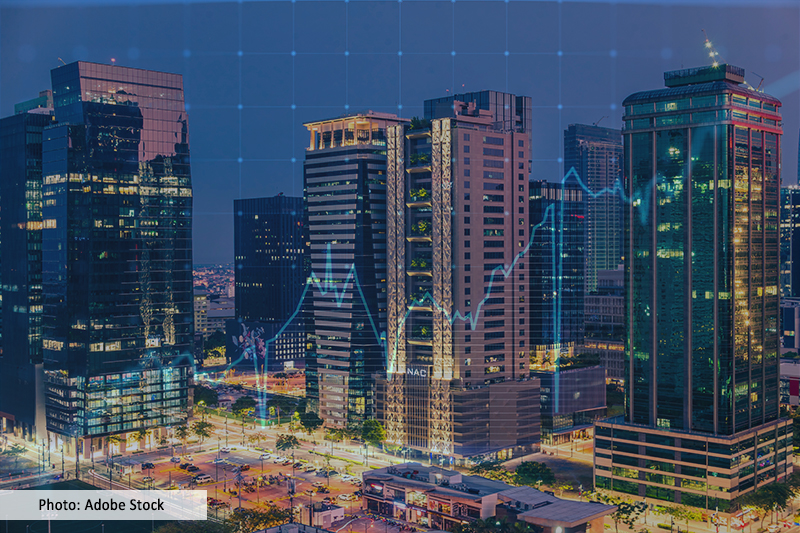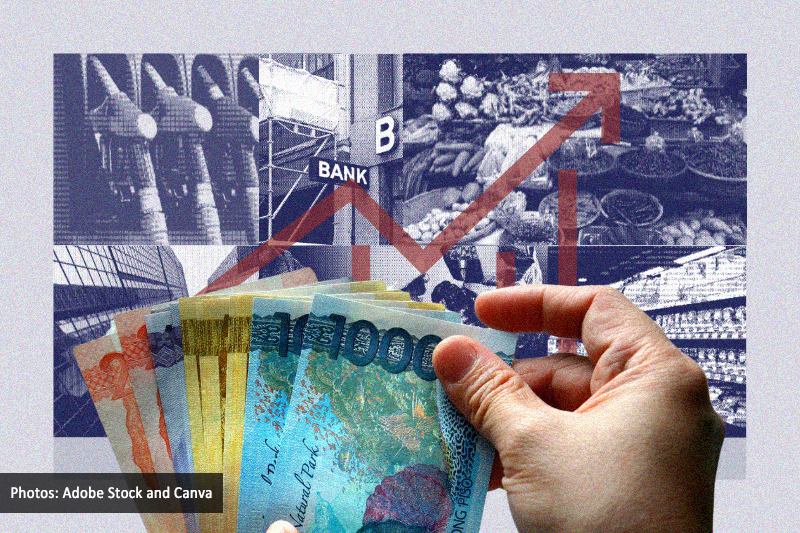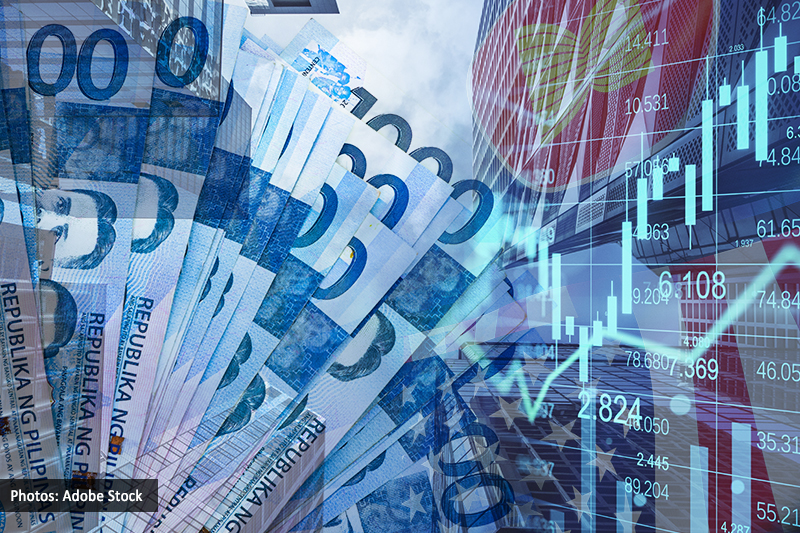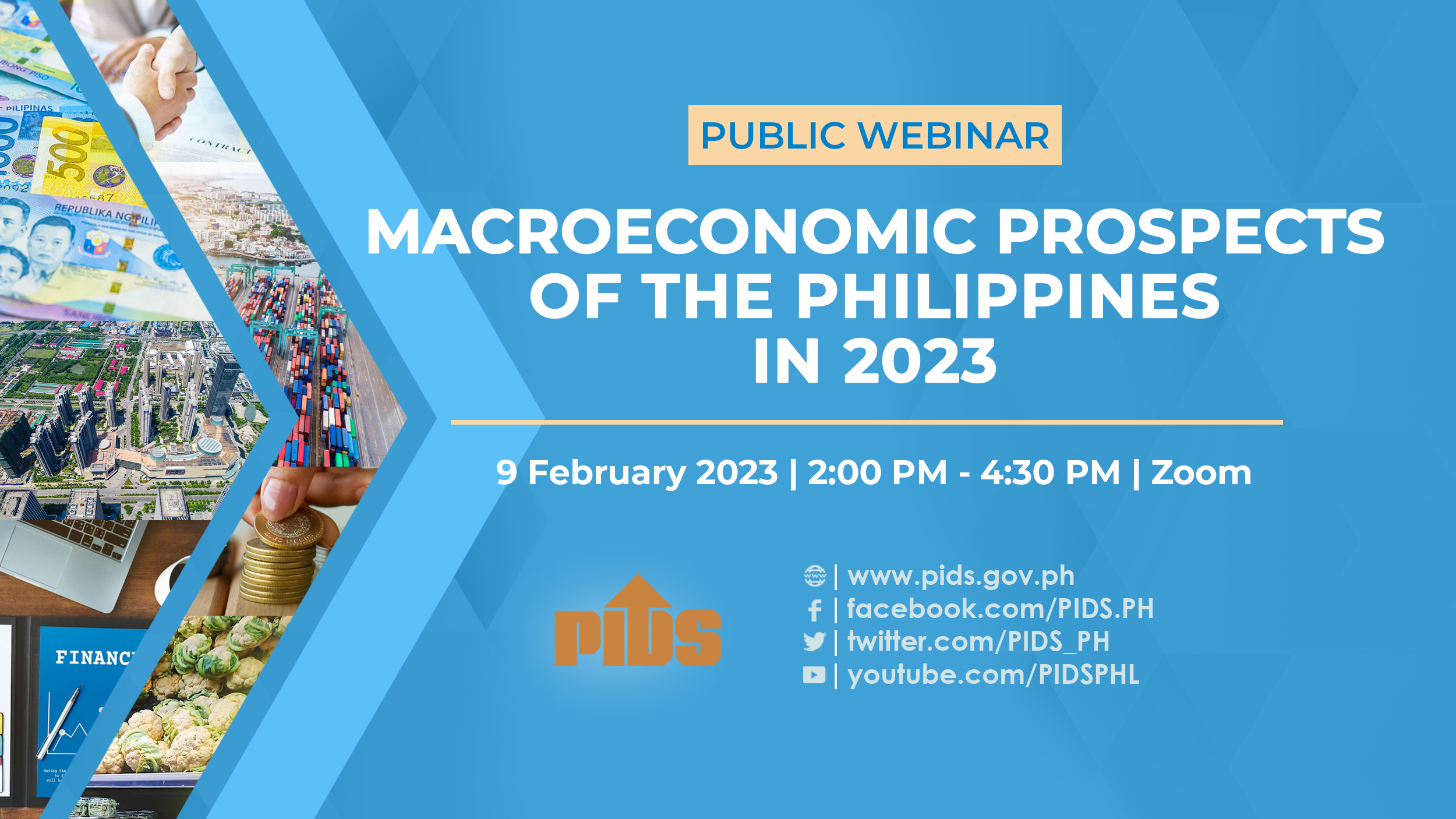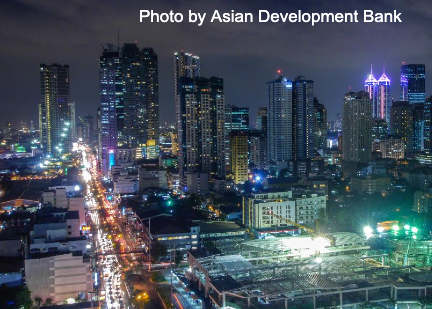
The Asian Development Bank (ADB) has identified priority areas that the Philippines has to improve on to be able to sustain its economic performance in the medium term.
According to ADB, the country has to invest in human capital to enhance the quality of the country’s labor force, ensure fair competition practices, address infrastructure gaps, promote social inclusiveness, and look at the future of jobs in order to maintain economic stability in the coming years.
ADB Chief Economist and Director General Yasuyuki Sawada said there is a need to improve the quality of the labor force that caters to industry subsectors such as information technology and business process outsourcing.
“Fifty percent of the labor force in the Philippines are now working in those subsectors, which generate more than sixty percent of the gross domestic product. [Therefore], implementing programs to enhance labor quality should be strengthened so that a high supply of quality labor force may be absorbed by these industries,” Sawada explained during the presentation of ADB’s history book titled Asia’s Journey to Prosperity: Policy, Market, and Technology over 50 Years at PIDS recently.
He also stressed the importance of maintaining fair competition in the market “especially in this era of the Fourth Industrial Revolution”. The ADB chief said the government should look into existing competition policies as giant investors tend to monopolize the market, thus putting small businesses at a disadvantage.
Relative to Sawada’s statement, James Villafuerte, ADB’s senior chief economist, said the Philippines has very limited market players, even in terms of retail trade, compared to Thailand and other ASEAN countries. This is “because of the very high cost of doing business” in the country.
Moreover, Sawada emphasized the need to beef up the Philippines’ infrastructure and transportation systems to encourage more investors in putting up businesses in the country. He said the traffic condition in major cities remains a major concern that has to be addressed through continued infrastructure investments.
Additionally, ADB’s Economic Research and Regional Cooperation Department Senior Economic Advisor Juzhong Zhuang said the Philippines has to work on its tax and transfer systems in order to “reduce poverty and make growth more inclusive”.
On the other hand, Villafuerte said the Philippines is doing well in some areas.
In terms of maintaining macroeconomic stability, Villafuerte asserted that the “Bangko Sentral ng Pilipinas and the National Economic and Development Authority have done a good job in helping the country consistently deliver a positive economic growth in the last three to four quarters.”
Villafuerte also gave a passing mark to the country’s openness to trade and industry, saying that “tariffs are quite low” and “financial markets are quite open.” He noted, however, that there are still tariff barriers particularly in the services sector that have to be relaxed.
As to social inclusiveness, the ADB senior economist gave the Philippines a fair score, saying that the Gini inequality of the Philippines are “quite correct” compared to other countries in Asia. He also lauded the government’s effort in engaging with development partners. ###
The ADB presentation may be downloaded from this link.
According to ADB, the country has to invest in human capital to enhance the quality of the country’s labor force, ensure fair competition practices, address infrastructure gaps, promote social inclusiveness, and look at the future of jobs in order to maintain economic stability in the coming years.
ADB Chief Economist and Director General Yasuyuki Sawada said there is a need to improve the quality of the labor force that caters to industry subsectors such as information technology and business process outsourcing.
“Fifty percent of the labor force in the Philippines are now working in those subsectors, which generate more than sixty percent of the gross domestic product. [Therefore], implementing programs to enhance labor quality should be strengthened so that a high supply of quality labor force may be absorbed by these industries,” Sawada explained during the presentation of ADB’s history book titled Asia’s Journey to Prosperity: Policy, Market, and Technology over 50 Years at PIDS recently.
He also stressed the importance of maintaining fair competition in the market “especially in this era of the Fourth Industrial Revolution”. The ADB chief said the government should look into existing competition policies as giant investors tend to monopolize the market, thus putting small businesses at a disadvantage.
Relative to Sawada’s statement, James Villafuerte, ADB’s senior chief economist, said the Philippines has very limited market players, even in terms of retail trade, compared to Thailand and other ASEAN countries. This is “because of the very high cost of doing business” in the country.
Moreover, Sawada emphasized the need to beef up the Philippines’ infrastructure and transportation systems to encourage more investors in putting up businesses in the country. He said the traffic condition in major cities remains a major concern that has to be addressed through continued infrastructure investments.
Additionally, ADB’s Economic Research and Regional Cooperation Department Senior Economic Advisor Juzhong Zhuang said the Philippines has to work on its tax and transfer systems in order to “reduce poverty and make growth more inclusive”.
On the other hand, Villafuerte said the Philippines is doing well in some areas.
In terms of maintaining macroeconomic stability, Villafuerte asserted that the “Bangko Sentral ng Pilipinas and the National Economic and Development Authority have done a good job in helping the country consistently deliver a positive economic growth in the last three to four quarters.”
Villafuerte also gave a passing mark to the country’s openness to trade and industry, saying that “tariffs are quite low” and “financial markets are quite open.” He noted, however, that there are still tariff barriers particularly in the services sector that have to be relaxed.
As to social inclusiveness, the ADB senior economist gave the Philippines a fair score, saying that the Gini inequality of the Philippines are “quite correct” compared to other countries in Asia. He also lauded the government’s effort in engaging with development partners. ###
The ADB presentation may be downloaded from this link.

